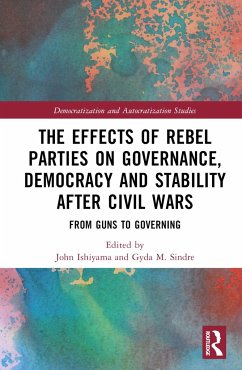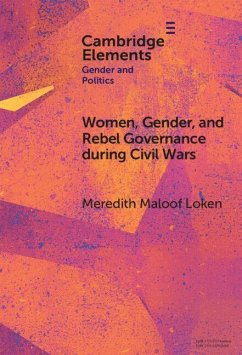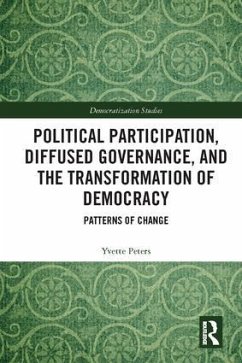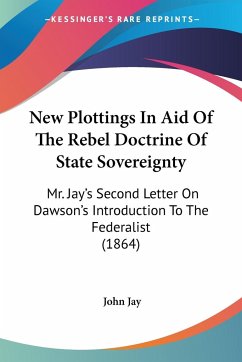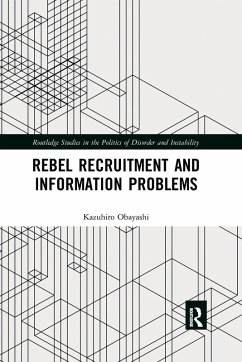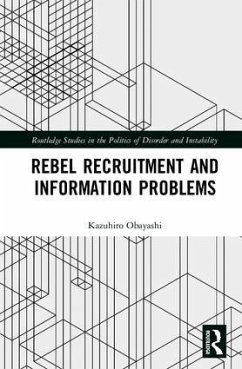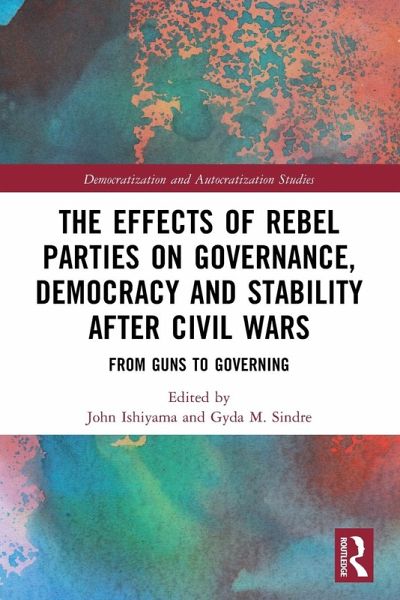
The Effects of Rebel Parties on Governance, Democracy and Stability after Civil Wars
From Guns to Governing
Herausgeber: Ishiyama, John; Sindre, Gyda M.
Versandkostenfrei!
Versandfertig in 1-2 Wochen
56,99 €
inkl. MwSt.

PAYBACK Punkte
28 °P sammeln!
This book provides a systematic overview and in-depth analysis of the effects of rebel group inclusion on democracy following the end of conflict across the globe.





